The Organization of Associated Producers of Large Tuna Freezers (OPAGAC ) is an association of Spanish tuna supplier companies involved in tuna fishing and processing. The association currently encompasses 47 tuna purse seiner vessels operating in the three major Oceans (Atlantic, India and Pacific). They are currently working with the World Wide Fund for Nature (WWF) on a Global Tuna fisheries improvement program (FIP ,) in the four tuna RFMOS (ICCAT IOTC, IATTC & WCPFC) for which they are currently seeking Marine Stewardship Council (MSC) certification. OPAGAC also implemented a new UNE standard for responsible tuna fishers which includes social standards drawn from the International Labor Organization (ILO) Convention 188. These include provisions for guaranteeing minimum wage remuneration, resting hours, medical care, prevention of occupational hazards, and social security of the crews. The right to collective bargaining is also recognized. Vessels that meet these standards and get certified by AENOR against it, are considered as Responsible Fisheries Tuna (APR ). AENOR has also developed the Chain of Custody Regulation, by which, the canning factories that get their Chain of Custody certified, will be able to label their tuna cans with APR AENOR CONFORM logo, that requires that the tuna they label as APR comes from vessels APR certified and are developing a Comprehensive FIP recognized by www.fisheryprogress.org .
Organization of Associated Producers of Large Tuna Freezers (OPAGAC)
Topic:
Categories:
